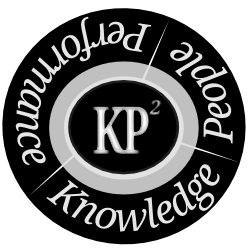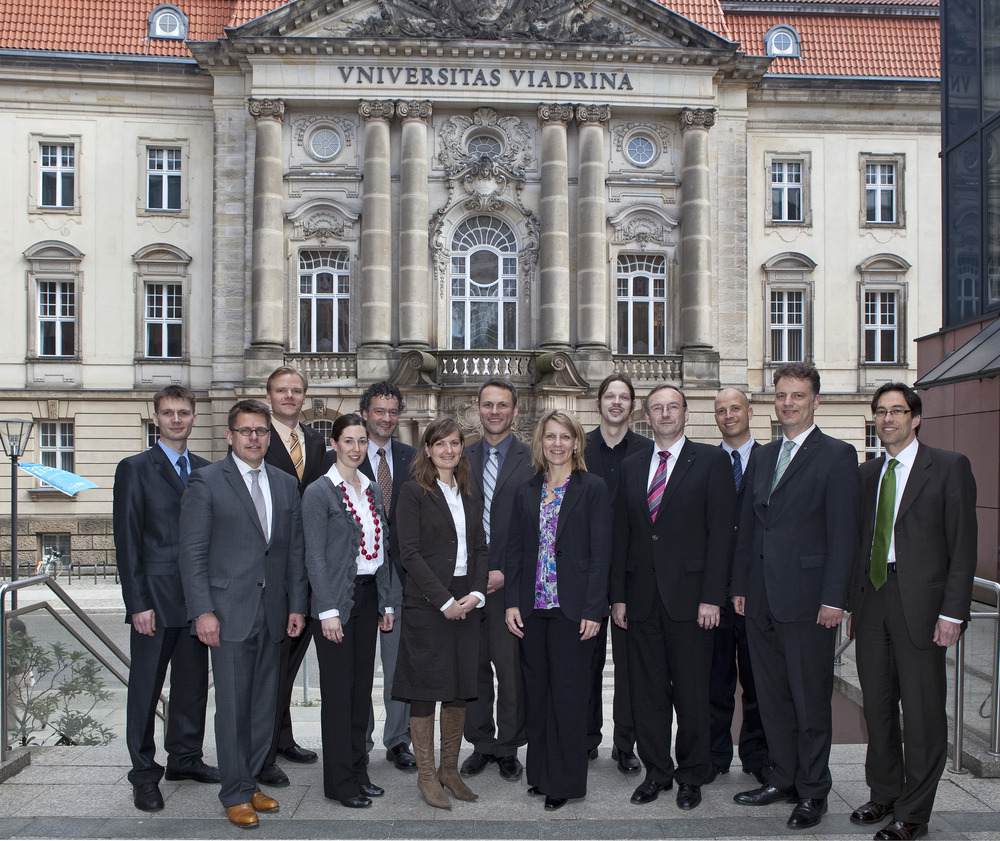I graduated from a doctoral program in strategic management. Its key tenet was to explore the theme of “dynamic capabilities and relationships”, i.e. how organizations can adapt to a changing business environment with help of their (multiple) social relationships (think of buyers, suppliers, stakeholders, etc.). I’ve written up some thoughts on the program in a previous blog post.
The community of scholars involved in the doctoral program, including the founding professors and several doctoral students, have recently published a book entitled “Dynamic Capabilities and Relationships: Discourses, Concepts, and Reflections“, published by Springer. It was a fun project to work on. We were invited to reflect on our doctoral journey and share some core insights from our dissertations projects.

My section has the title: “Four Lessons Learnt from My Doctoral Journey and Some Advice for Emerging Dynamic Capabilities Scholars”. I hope that these learnings will resonate with early doctoral students, particularly with those who share my interest in emerging technologies. Below is quick summary. In order to dive deeper, feel free to explore the whole chapter (see download links and formal references below).
Continue reading New Book Chapter: Dynamic Capabilities – Celebrating the Plurality of Understandings

